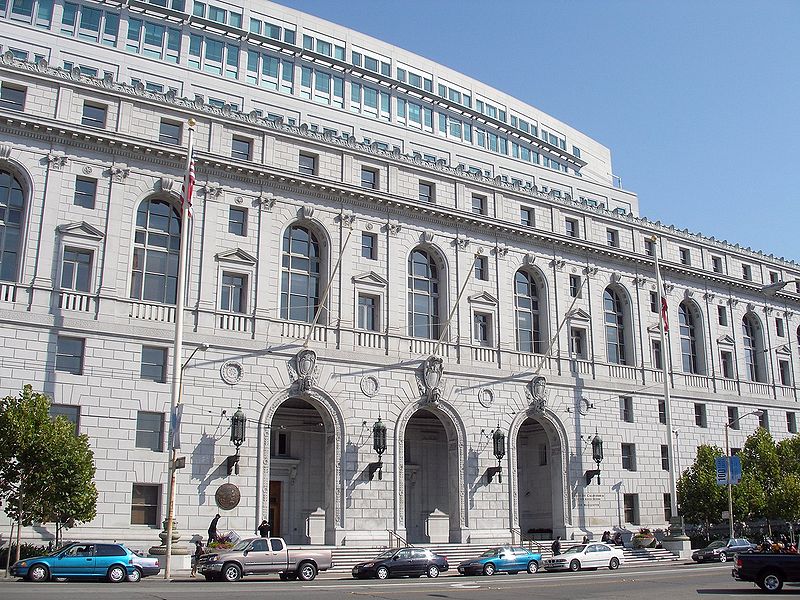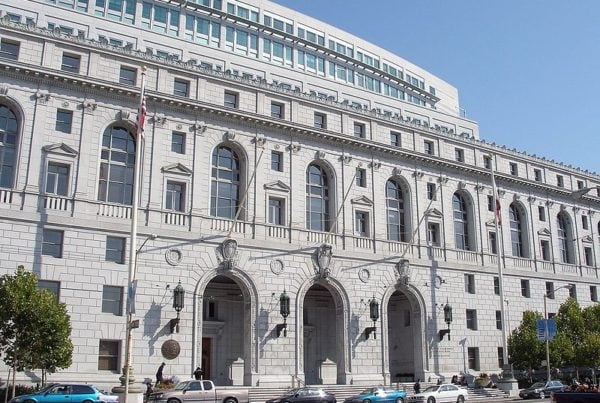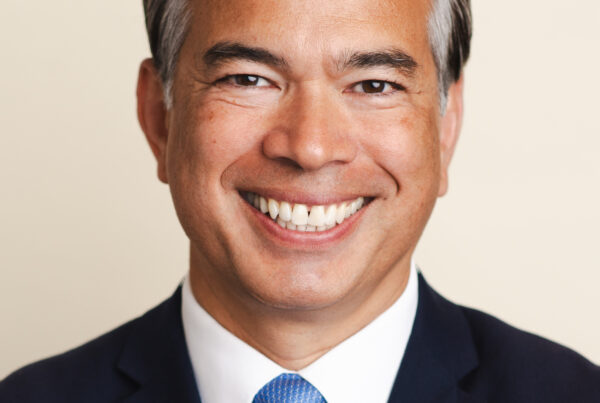A pivotal 2021 law that limited the use of gang enhancements will be reviewed Dec. 5, when the California Supreme Court hears a Riverside case.
Gang enhancements, which result in higher sentences, can be brought if prosecutors prove a pattern of criminal gang activity among members of a gang that a defendant belongs to. That pattern must be proved by previous crimes. The Supreme Court will decide if individual members of the gang acting by themselves would count towards these previous crimes, or if the prior crimes must be carried out by gang members acting together.
The question is due to the interpretation of 2021’s Assembly Bill 333,








